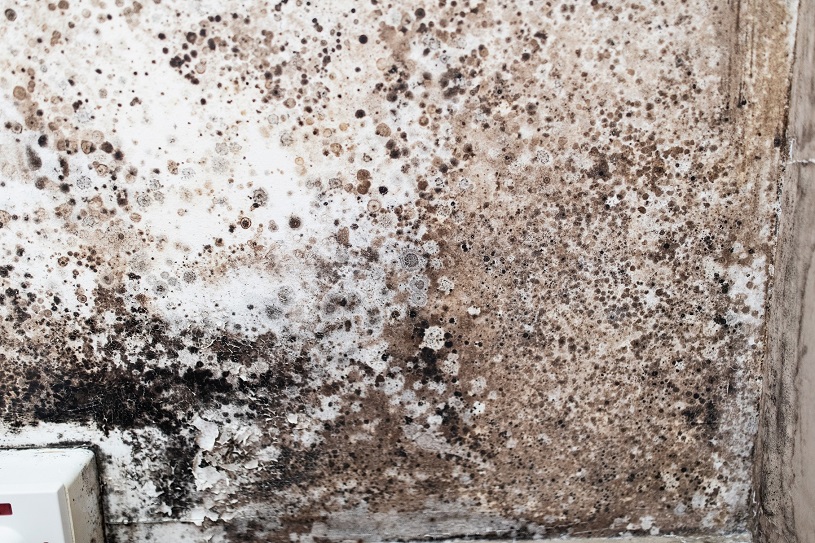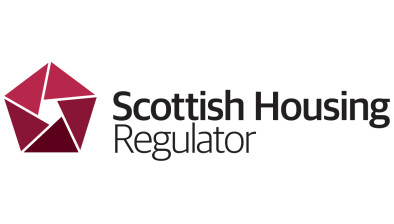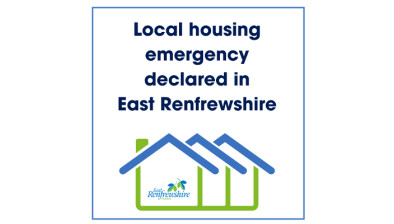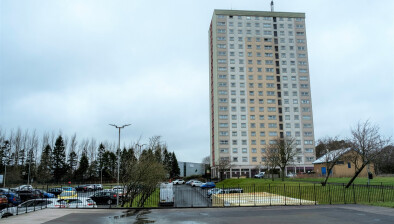Fife Council reviews dampness and mould approach as SHR issues timely advice

Fife Council has begun a review of its approach to tackling dampness/condensation and black mould within its housing stock.
John Mills, head of housing services, issued a briefing to all councillors on 25 November outlining the steps that would be taken as part of this review which should be concluded by February/March 2023.
The council is looking at all outstanding complaints where black mould is a problem for tenants and will be taking steps to deal with this problem. A dedicated staff team will be set up to manage this work. Staff re-training will take place in February and comprehensive information will be provided to all tenants by March.
Councillor Judy Hamilton, housing & building services spokesperson, said: “The death of Awaab Ishak in Rochdale has shocked us all and the Council is determined that we take action to ensure that this does not happen in any council house in Fife.
“I am working closely with the Housing Service to move the review forward and I am certain that we can improve the living condition of our tenants who are living with dampness and condensation.
“Everyone in Fife has the right to live in decent, dry and affordable housing and I am determined that this should be the case for tenants affected by this problem.”
The subject of damp and mould has come to the fore after a coroner’s report on the tragic death of Awaab Ishak who died of a respiratory condition caused by mould in his home.
Housing associations also told SHN they are bracing themselves for a rise in mould and damp issues as tenants reduce their use of heating systems to save on costs.
In light of this, the Scottish Housing Regulator has written to all social landlords with advice on the importance of timely and effective action on damp and mould for tenant safety.
In the letter, director of regulation Helen Shaw writes: “I am writing to ask all governing bodies and committees to consider the systems they have in place to ensure their tenants’ homes are not affected by mould and dampness and that they have appropriate, proactive systems to identify and deal with any reported cases of mould and damp timeously and effectively.
“The current cost of living crisis, and in particular rising energy costs, will mean that many tenants face difficulties in heating their homes. So it is now more important than ever that all social landlords have robust procedures for managing reports and instances of mould and dampness.
“We are working with the Scottish Federation of Housing Associations and ALACHO to identify and promote good practice in the management of mould and dampness. In the meantime, you may find it helpful to look at the Housing Ombudsman’s report on damp and mould which was published last year.
“If you identify any concerns with your current systems please contact your lead regulator to discuss how you will plan to make necessary improvements.”







